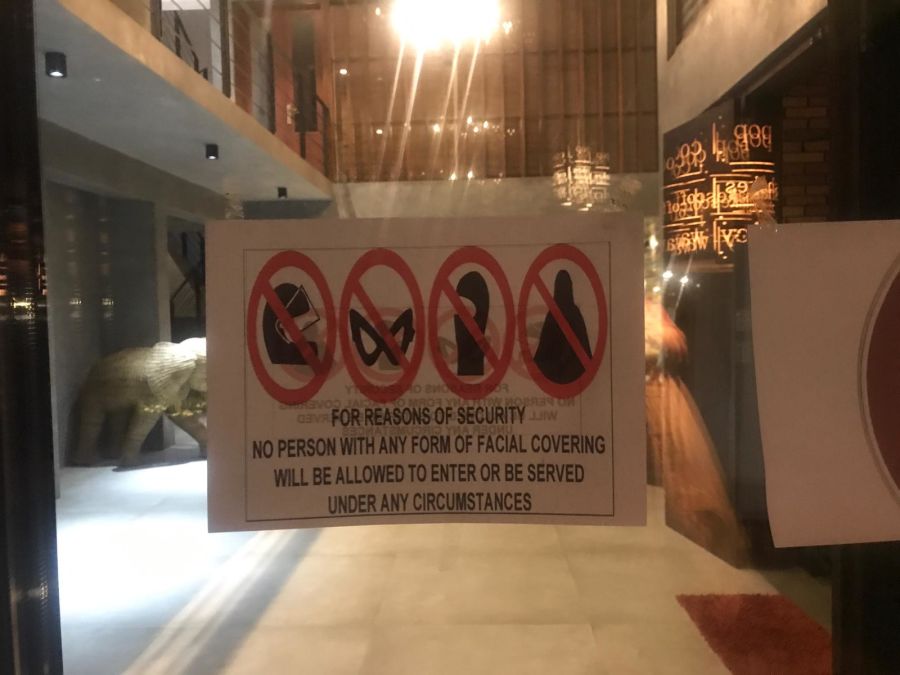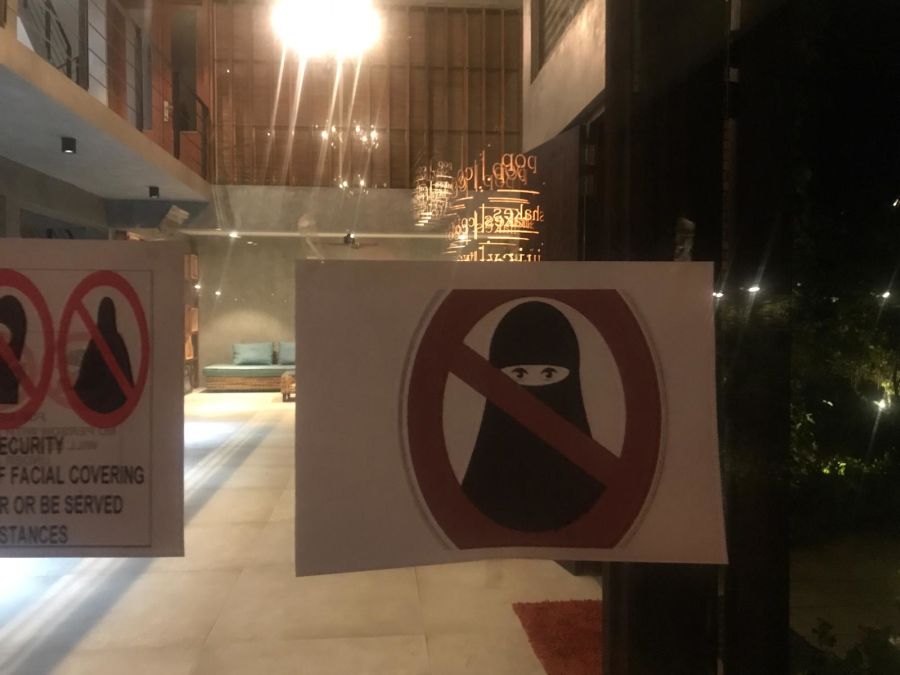"We are not against any kind of religion," says lawmaker calling to debate a burqa ban
From CNN's Angus Watson in Hong Kong
Ashu Marasinghe, a Sri Lankan member of parliament, told CNN that he called yesterday for a parliamentary debate on banning “the burqa, niqab and any other religious face covering."
He said he believes face coverings are a threat to national security because they make it difficult to identify people, adding that facial covering was not traditional in Sri Lankan Muslim communities. No date has been set for his proposed debate.
People have their own reasons for wearing face coverings but they are all threats to national security. We need to start the discussion in parliament and we can move toward a ban of face coverings.
Face coverings would be banned in public places. This is the point we should discuss in parliament. Some restaurants and shops are already placing signs up asking their customers to remove their burqa or niqab. This is not good for social harmony, for the Muslim community or any other community. There should be one rule which covers all places.
I fully respect peoples religious freedom and freedom of expression, but this is a different angle. We are facing international terrorism for the first time in Sri Lanka – and face coverings are a security issue.
===
At least one Sri Lankan hotel has banned facial coverings in the aftermath of the attacks.
A British guest at Ella Flower Garden Resort in the small mountain town of Ella, about 200 kilometers (about 125 miles) east of Colombo, told CNN that the rule began on Tuesday, and described it as "a hijab and burqa ban."
Signs on the hotel's glass door depict a variety of banned facial coverings, including icons of a helmet, an eye mask, a balaclava, an eyeless full-figure shroud, and an apparent Islamic burqa.
The ban specifically mentions people in Islamic headdress.
Kosala Dissanayake, the hotel's director of sales, confirmed the rule, and emphasized to CNN that the ban extended to all face coverings.
"We mention on signs in here about full-face helmet and fully-covered jackets," he said. "Because of the current situation going on Sri Lanka, we have to take some tough decisions," he added.
The hotel's ban follows allegations that Muslim extremists were responsible for the coordinated attacks, which killed at least 359 people in churches and luxury hotels.
The Sri Lankan government has warned that attackers could still be at large, and several countries have issued travel warnings for the country.


====
^^^ so high rolling arabi sheikhs coming to enjoy the beaches and monsoon rains will have to uncover their women.
India should follow suit with the same rule applying to Kerala where most of these arabis come in rainy season.

